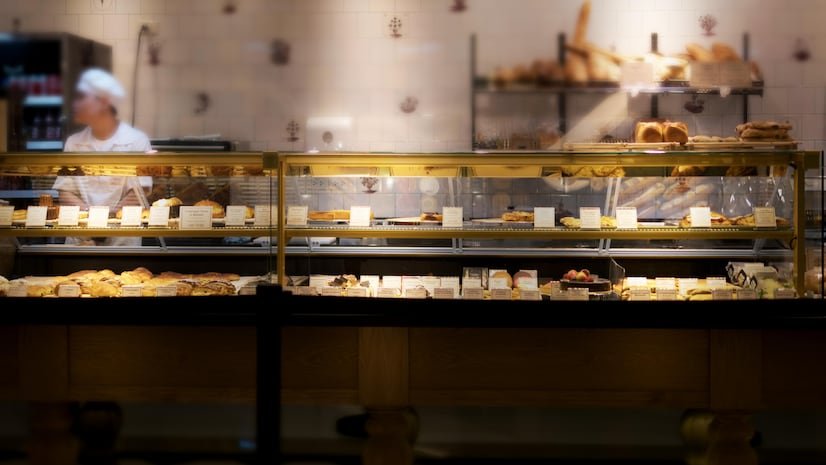Mumbai’s burgeoning bakery sector is set for a significant transformation as the Brihanmumbai Municipal Corporation (BMC) enforces a new mandate for cleaner fuel adoption. This shift is driven by the alarming findings of a recent study conducted by the Bombay Environmental Action Group (BEAG).
The research, titled “Envisioning a Sustainable Bakery Industry for Mumbai,” highlights that a substantial number of bakeries in the city continue to rely on wood-fired ovens, which are major contributors to air pollution. The study surveyed over 200 bakeries and found that 47.10% still use wood as their primary fuel source. This practice involves burning scrap wood, often sourced from old furniture and dilapidated structures, which is notably cheaper than logwood. However, this cost-saving measure comes at a severe environmental and health cost. Larger bakeries report a daily consumption of between 250 and 300 kg of wood, while the average stands at approximately 130 kg. For processing 20 kg of flour into ‘pav,’ around 4-5 kg of wood is required.
The ash produced is frequently disposed of in landfills, exacerbating pollution levels. Wood combustion releases harmful pollutants such as particulate matter (PM10 and PM2.5), carbon monoxide, methane, and volatile organic compounds (VOCs). These emissions pose serious health risks, including respiratory and cardiovascular diseases, as well as cancers and asthma. The VOCs also contribute to ground-level ozone formation and haze. Electricity emerged as the second most common fuel, utilised by 28.10% of the surveyed bakeries. Other alternatives like LPG, PNG, diesel, and hybrid fuels are less prevalent, with LPG and electricity combined being used by 20.90% of bakeries.
The BMC’s new policy, outlined in the Mumbai Climate Action Plan, mandates that all bakeries transition to cleaner fuels by 2027. This initiative is aligned with the National Clean Air Programme (NCAP), which underscores the need for regulatory support and collaborative efforts among bakery owners, policymakers, and environmental groups. An official involved in the study emphasised that transitioning from wood-fired ovens to cleaner fuels is crucial for enhancing air quality and protecting public health. “Solid fuel burning is one of the most challenging sources of pollution to address. By leveraging funds from the NCAP and forging partnerships with the private sector, we can offer the necessary technical and financial assistance for this transition,” the official stated. With effective stakeholder engagement and strategic incentives, the move towards cleaner fuels within the next two years appears achievable, promising a healthier and more sustainable future for Mumbai.


